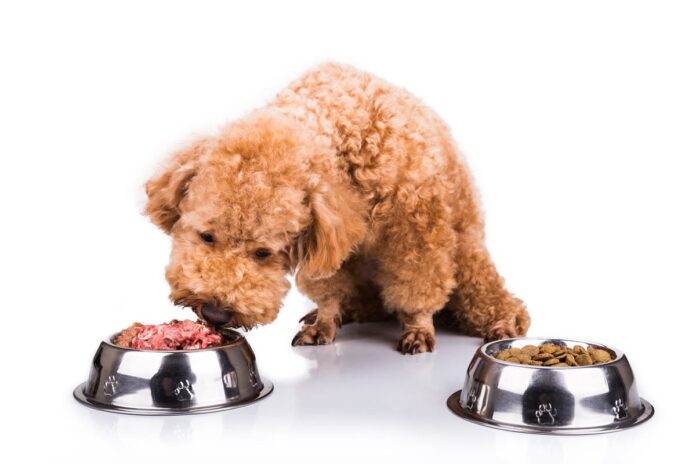Swapping the sort of food your dog eats could cut their climate impact dramatically, new research has shown.,As the population of domesticated cats and dogs grows across the world, scientists are suggesting changing habits to lower the carbon footprints of pets.Currently, the USA is estimated to have 76.8 million dogs and 58.4 million cats, while Brazil has 52.2 million dogs and China has 53.1 million cats. In the UK there are almost 13 million households with dogs and just over 12 million with cats. In total, 52 per cent of UK adults own a pet, according to pet charity PDSA.While the environmental toll taken by pets on the environmentis tiny compared to the scale of devastation wrought by non-domesticated farmed animals, all our pets still require food – mostly meat-based – but the full environmental impact of pets on the planet remains opaque.But new research suggests feeding dogs and cats dry food can “significantly reduce” the environmental toll domesticated animals are taking on the planet.A Brazilian study has found that serving your pets dry food, usually consisting of kibble – ground up and shaped into pellets and cooked, or biscuits – is more environmentally friendly than a menu consisting of wet food with higher water content.Professor Marcio Brunetto at the University of Sao Paulo and his colleagues evaluated the environmental impacts – including greenhouse gas emissions, land use, and water usage – of 618 diets for dogs and 320 diets for cats in Brazil.The team investigated commercial wet food diets and dry food diets found on the websites of three major Brazilian pet food retailers.These were also compared to homemade diets – either food produced by companies, or food cooked by owners at home using recipes provided by companies. They also examined the nutritional and calorific make-up of the different diets.They said: “For all variables, wet diets for cats and dogs had the greatest environmental impact, particularly compared to dry diets.””Homemade diets tended to have intermediary environmental impacts, although water usage in homemade cat diets was similar to dry diets.”The team estimated that for a small dog, around ten-kilograms, consuming on average 534 calories per day would be responsible for 828.37 kilograms of CO2 per year when fed a dry diet compared to 6,541 kilograms of CO2 per year for a wet diet – an almost seven-fold increase (689 per cent).The research also revealed that dry diets provided the highest amount of energy per gram, while wet diets and homemade diets provided higher amounts of protein.In wet diets, almost twice as much energy was provided by animal ingredients compared to dry diets (45.42 per cent versus 89.27 per cent), which the authors said “may contribute to their greater environmental impact”.The team said their results “highlight the extensive environmental impacts of pet foods, the need to make them more sustainable and an indication of how this may be achieved”.So the results are in: wet pet food is up to seven times as burdensome for the planet as dry alternatives.The research is published in the journal Scientific Reports.
What food you should feed your pets to help tackle climate change
Sourceindependent.co.uk
RELATED ARTICLES


